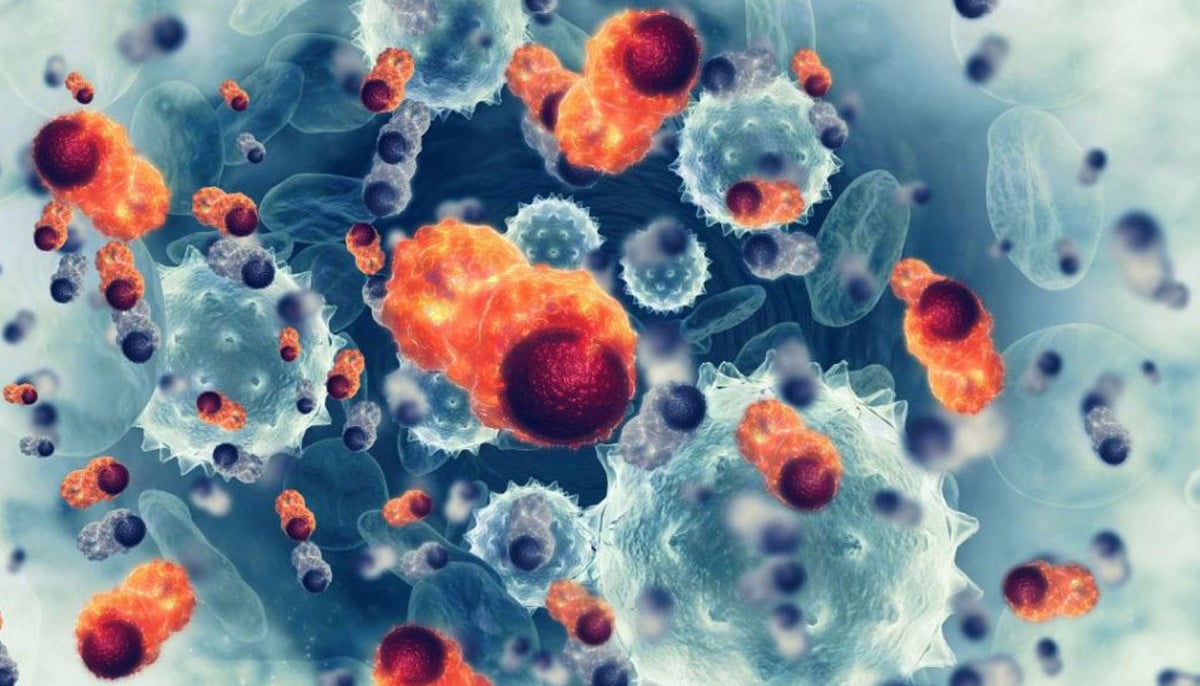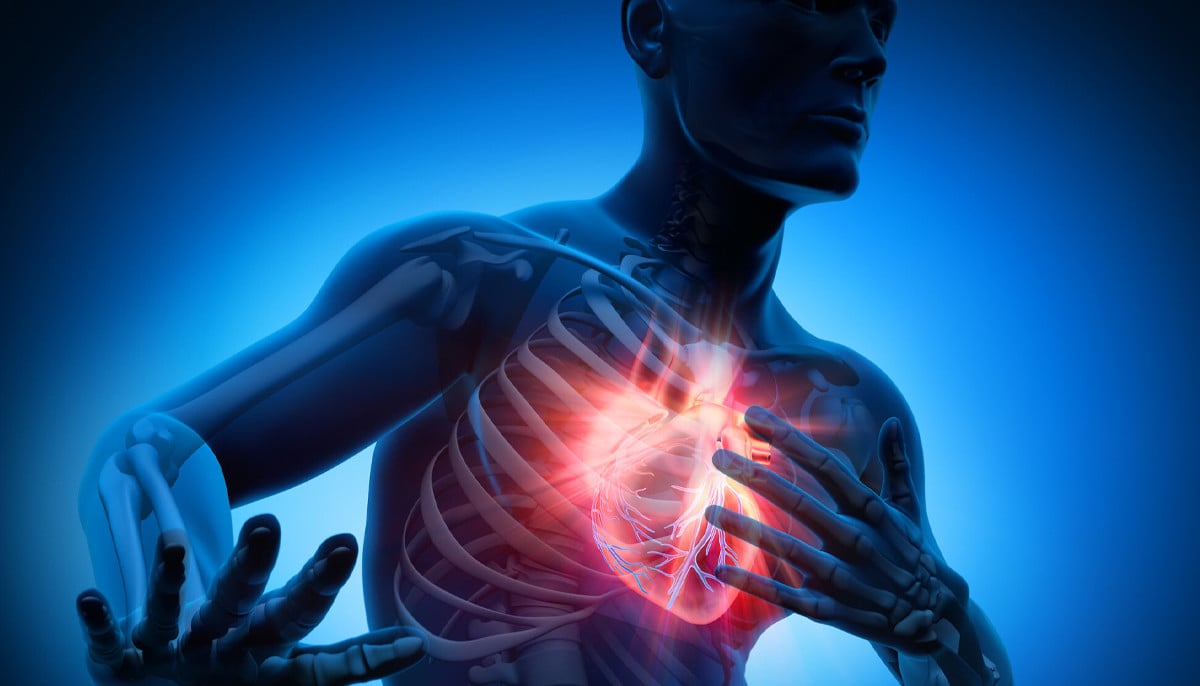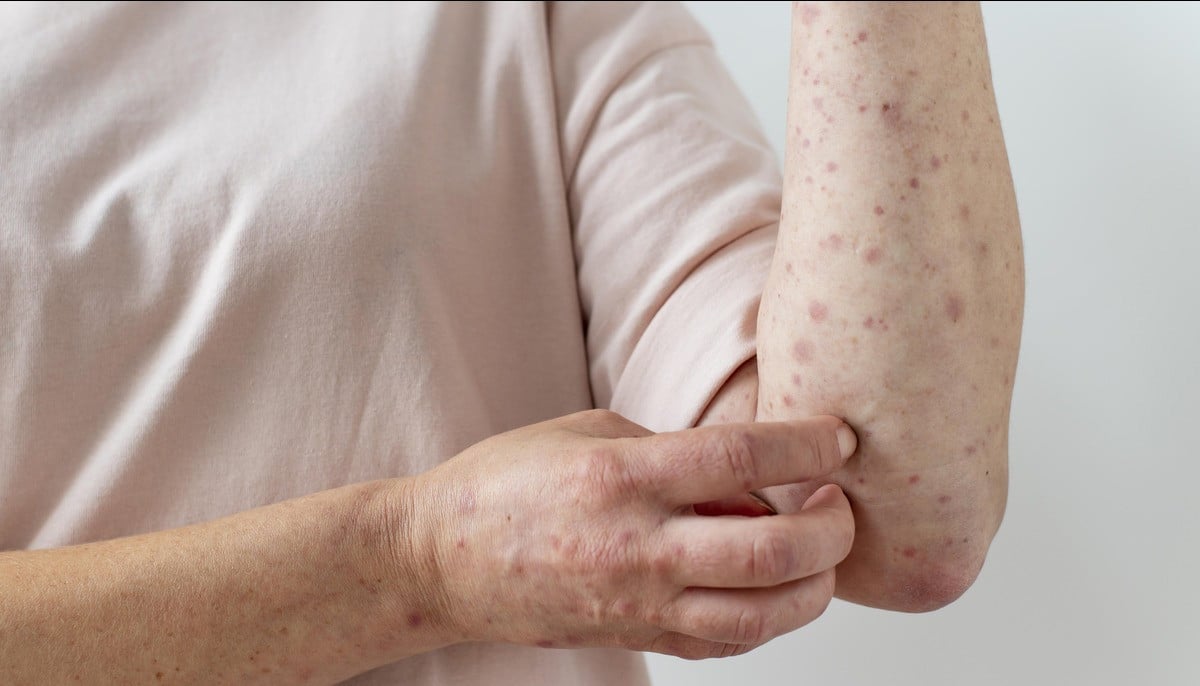Walking to work cuts diabetes risk: study
Researchers examined how various health indicators related to people get to work, using data from a survey of 20,000 people across UK
ISLAMABAD: People who walk to work are around 40 percent less likely to have diabetes as those who drive, according to a new study.
Researchers at Imperial College London and University College London examined how various health indicators related to people get to work, using data from a survey of 20,000 people across the UK.
They found that cycling, walking, and using public transport were all associated with lower risk of being overweight than driving or taking a taxi.
People who walk to work were also 17 percent less likely than people who drive to have high blood pressure.
Cyclists were around half as likely to have diabetes as drivers.
High blood pressure, diabetes, and being overweight are all major risk factors for heart and circulatory disease, the UK’s biggest killer.
The researchers said people could reduce their risks of serious health problems such as heart attacks by avoiding using a car.
“This study highlights that building physical activity into the daily routine by walking, cycling or using public transport to get to work is good for personal health,” said Anthony Laverty, from the School of Public Health at Imperial College London.
Nineteen percent of working age adults who use private transport — such as cars, motorbikes or taxis — to get to work were obese, compared to 15 percent of those who walked and 13 percent of those who cycled to work, Medical Xpress reported.
The study found wide variations in the modes of transport used in different parts of the UK.
Public transport was used most in London, at 52 percent, compared with just five percent in Northern Ireland.
“The variations between regions suggest that infrastructure and investment in public transport, walking and cycling can play a large role in encouraging healthy lives, and that encouraging people out of the car can be good for them as well as the environment,” said Laverty.
-
Sciences reveals shocking body response against heart attack
-
Anti-inflammatory teas to keep your gut balanced
-
Emma Stone reveals she is ‘too afraid’ of her ‘own mental health’
-
5 simple rules to follow for smooth, healthy hair
-
Expert discusses 'complications' of measles outbreak
-
Are statins safe to use? New study debunks long-feared side effects
-
New research busts major PTSD myth
-
Shocking gender link in autism comes to light












